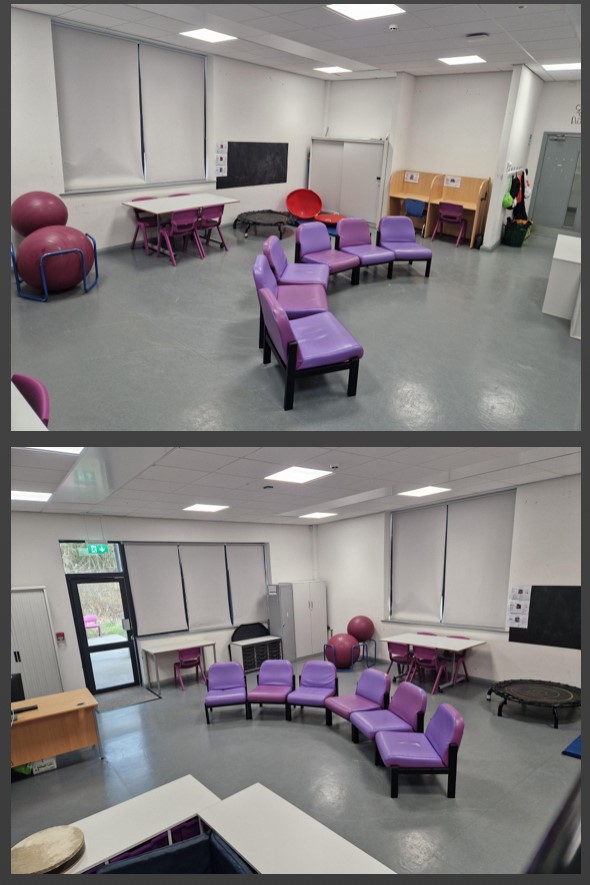When we think of health, many people might think of physical health or emotional health or mental health or even spiritual health, but the term sensory health is not often thought about or talked about. If we look back 20 years, mental health wasn’t really talked about or recognised, but now mental health is very much at the forefront when people think about health.
I was really interested a couple of weeks ago to see that a sensory health topic appeared on the top news stories for the day on my BBC news app. The report is entitled ‘How are noisy world is damaging our health’. It makes for very interesting reading, and really highlights how our health is impacted by sensory input. Studies show that noise levels increase the risk of heart attacks, Type 2 diabetes, high blood pressure and strokes.
There now seems to be a growing interest in sensory health outside the sensory integration world. I have recently read a book about rest and within that book the author discussing seven types of rest; physical rest, mental rest, emotional rest, spiritual rest, social rest, sensory rest, and creative rest. There is also research that is now being done within organisations looking at sensory health within the workplace. Here are just two examples : ‘Remove invisible burdens that are holding your employees back’ and ‘Sensory processing and occupational performance at work’.
What is sensory health?
Here is a definition from a course I recently attended from the Star Institute – “Sensory health is the extent to which there is a fit between personal sensory capacities, sensory demands of a particular task or occupation and environmental sensory features. When these three things come together and support one another, we have health and wellness, flourishing and thriving.”
Sensory health is for all of us. It is an important aspect of our overall health that impacts on our physical, emotional and mental health. It isn’t just for people who have sensory processing differences or difficulties, this is for everybody. We are all sensory processing machines.
A little audit to complete
At the start of a new year, it is a great opportunity to think about sensory health within your organisation or home. Here are a few initial questions to start your thinking:
- What is the understanding of sensory health within your organisation/home?
- Do you have policies in place that recognise the importance of sensory health within your organisation?
- Do you consider the environment to promote sensory health?
- Do you consider the sensory demands placed upon your pupils/employees/yourself?
- What provision do you have in place to promote sensory health within your organisation/home?
Where do I go from here?
I would say one of the first places to start is with knowledge and understanding of sensory health and sensory processing. The three day in-depth introductory level course is a great starting point. Or you might want to arrange some in-service training for your organisation.
Resources
Your Sensory Health Matters – TEDx Talk by Virginia Spielmann
Environmental Audit
Chloe Bingley from New Bridge School, Oldham describes how she conducted an audit of her school environment and gives simple tools for you to conduct your own environmental audit. Chloe has kindly agreed to share her documentation if you would like to use it in your setting, you can download the document here.




